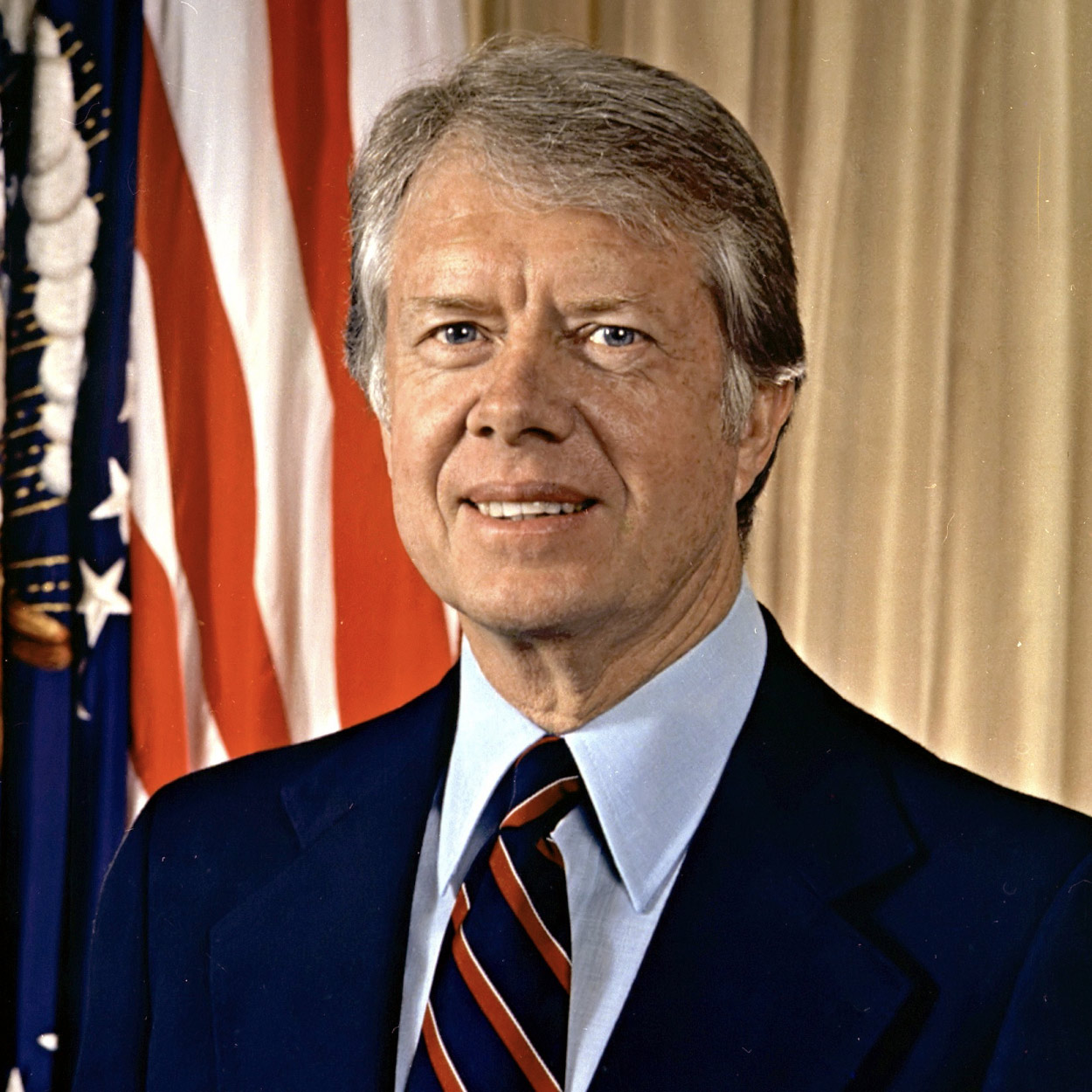The symbolic meaning of Jimmy Carter’s election

Erik mentioned in his obituary of Jimmy Carter than Carter was arguably the most unlikely elected president since at least Warren Harding. Carter was an extremely obscure figure in terms of national politics — as in almost literally no one outside Georgia had ever heard of him — when he started his presidential campaign in 1975.
The story of how he ended up beating a bunch of vastly better known establishment figures for the Democratic nomination, and then won the presidency, has a lot to do, I think, with a very unusual — indeed perhaps unique — moment in American politics. That moment is something that Rick Perlstein talks about in his histories of the era: the moment when, in the wake of the social and political upheavals of what people refer to loosely as “the Sixties,” but which really means something like the period that encompasses everything from the March on Washington to the fall of Saigon, i.e., 1963-1975.
This period doesn’t track a chronological decade, but captures a time of extraordinarily rapid cultural change and conflict, including the peak of the modern civil rights movement, the sudden rise of second wave feminism, everything referenced by the word “Vietnam,” the counter-culture, hippies, drugs, Jimi Hendrix’s performance of the Star Spangled Banner at Woodstock, etc. etc. etc. This period culminated with the collapse of both the Nixon presidency in the biggest corruption scandal in American history, and the nation’s first unambiguous defeat in a war. (One of countless possible examples of the speed of change at this time: Prior to 1968, no one had ever even suggested in print that there might be some sort of constitutional right to choose to have an abortion. The Supreme Court announced the existence of such a right in January of 1973).
Jimmy Carter showed up on the national scene at pretty much the exact moment that the nation, for a brief moment, seemed to be in something of a reflective and, amazingly, even self-critical mood. Carter’s very overt moralism, including such in retrospect bizarre moments as saying in an interview in Playboy that he had committed adultery in his heart by lusting after women other than his wife — this after all is just orthodox Christian theology, but not the kind of thing anybody would have expected a major presidential candidate to say, either before or since — somehow resonated with that moment, in a way that it surely wouldn’t have outside the extremely brief historical window when mainstream American culture was sort of willing to maybe be self-critical about major aspects of the national project.
This moment was reflected in such things as Carter exhorting Americans to turn down their thermostats and turn up their air conditioners to save energy. Again, this is the kind of thing it’s very difficult to imagine any contemporary major American politician doing. Puritan thriftiness and self-criticism has long been bludgeoned to death by consumer hyper-capitalism at home and America Fuck Yeah as our unofficial foreign policy motto.
Carter was someone whose election was an actual credit to the nation, to the extent that it symbolized a brief moment of self-critical reflection in the wake of movements such as civil rights, feminism, anti-imperialist critiques of Vietnam, the anti-materialism of the counter-culture, and so forth. (This is quite separate from the question of how good or bad a president Carter actually was).
In other words, what Carter’s election symbolized was everything that the New Right and Reaganism despised with every fiber of its being. To what used to be called movement conservatism but has morphed into radically reactionary authoritarian revanchism, the idea of America taking anything like a self-critical attitude toward itself is absolute anathema. In this specific sense, the election of Jimmy Carter as president symbolized what the American right wing opposed and hated more than any other single event of the last half century. That Carter himself was barely if at all anything that could be called a liberal was just irrelevant. For the right wing he was the embodiment of national weakness, because of what his election symbolized for them, which was a very brief moment of national self-reflection.
Irrationalism also depends on the cult of action for action’s sake. Action being beautiful in itself, it must be taken before, or without, any previous reflection. Thinking is a form of emasculation. Therefore culture is suspect insofar as it is identified with critical attitudes. Distrust of the intellectual world has always been a symptom of Ur-Fascism, from Goering’s alleged statement (“When I hear talk of culture I reach for my gun”) to the frequent use of such expressions as “degenerate intellectuals,” “eggheads,” “effete snobs,” “universities are a nest of reds.” The official Fascist intellectuals were mainly engaged in attacking modern culture and the liberal intelligentsia for having betrayed traditional values.
No syncretistic faith can withstand analytical criticism. The critical spirit makes distinctions, and to distinguish is a sign of modernism. In modern culture the scientific community praises disagreement as a way to improve knowledge. For Ur-Fascism, disagreement is treason.
Umberto Eco, “Ur-Fascism”
